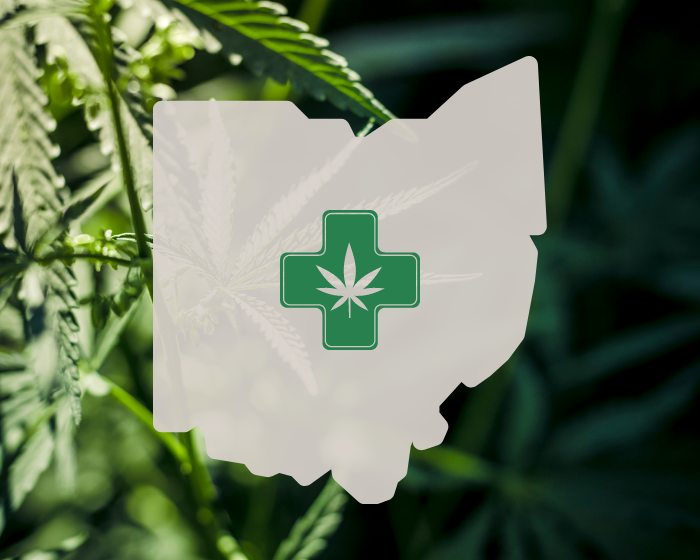But it must be clearly labeled.
Hemp-derived THC will soon be fair game in Ohio’s medical cannabis dispensaries. With the shift, products must be tested and clearly labeled with the cannabinoid makeup, including each THC isomer, total THC and nonintoxicating cannabinoids.
The new rules — which expand the definition of tetrahydrocannabinol to include isomers such as delta-8 THC, delta-10 THC, THCA and any other psychotropic cannabinoid — go into effect May 2.
These isomers all have chemical structures similar to the most well-known form of THC, delta-9. Their effects are often reported as less potent. But the main difference is that, unlike delta-9, these isomers are unregulated at the federal level and have been widely available at gas stations, liquor stores and head shops. Product quality varies widely.
“Marijuana markets have seen the emergence of novel cannabinoids, particularly delta-8 THC and other THC isomers/analogs … that are either naturally occurring or can be artificially derived from CBD,” said Jennifer Jarrell of the Ohio Department of Commerce told the news outlet Cleveland.com. (The commerce department is one of three state agencies overseeing the medical cannabis program.)
According to a 2021 report on the proposed rule change, patients in the medical cannabis program want labels that clearly convey which THC isomers are in medical cannabis products.
According to a 2021 report on the proposed rules, patients in the medical cannabis program want labels that clearly convey which THC isomers are in medical cannabis products.
“The Department has an interest in maintaining patient safety over the contents of medical marijuana products, and to ensure that there is transparency in packaging, labeling, and testing of medical marijuana products,” the report reads. “This update provides patients with that transparency and allows the Department to better track which THC isomers are being used in medical marijuana products in Ohio.”
In drafting the rule revisions, Medical Marijuana Control Program also sought input from the Ohio Medical Cannabis Industry Association and licensed dispensaries.
Many of Ohio’s medical cannabis dispensaries are already labeling different types of THC on their products, Cleveland cannabis attorney Tom Haren told Cleveland.com.
“I think what it does is it accounts for formulations that are being contemplated or were already being used,” he said. “This is just the rules catching up.”
“This update provides patients with that transparency and allows the Department to better track which THC isomers are being used in medical marijuana products in Ohio.”
— 2021 report by the Ohio Common Sense Initiative
Meanwhile, on 4/20 two Ohio lawmakers announced plans to introduce a bill that would legalize recreational cannabis for adults. According to MJ Biz Daily, the measure is “considered a long shot in the state’s Republican-controlled Legislature.” Citizen advocates are also working on a ballot initiative through the Coalition to Regulate Marijuana Like Alcohol, which could allow voters to directly approve recreational use in November.



















